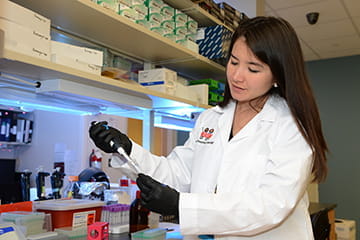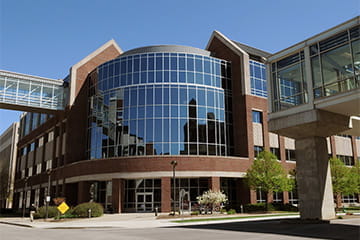The Department of Pediatrics at Indiana University School of Medicine offers 18 ACGME accredited fellowship programs. Each program is designed to help pediatricians develop academic leadership roles in their respective field and develop expert clinical, teaching and research skills. Pediatrics fellowship programs offer a high faculty-to-fellow ratio, a collegial atmosphere, and an emphasis on inquiry and scholarship. Personalized scholarship oversight committees and supportive mentorship from faculty physicians help fellows capitalize on their own professional development. Departmental fellowship seminars promote cross-specialty education and peer networking.
Unique to IU School of Medicine is the Morris Green Physician Scientist Development Program created to identify and support pediatric residents and fellows who want to develop careers as pediatric researchers, physician-scientists and future academic leaders.

